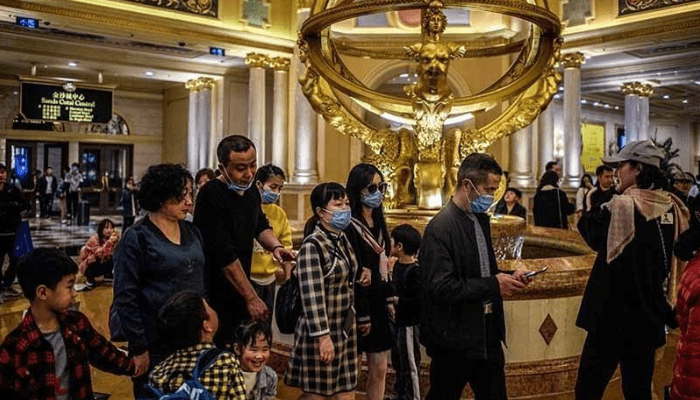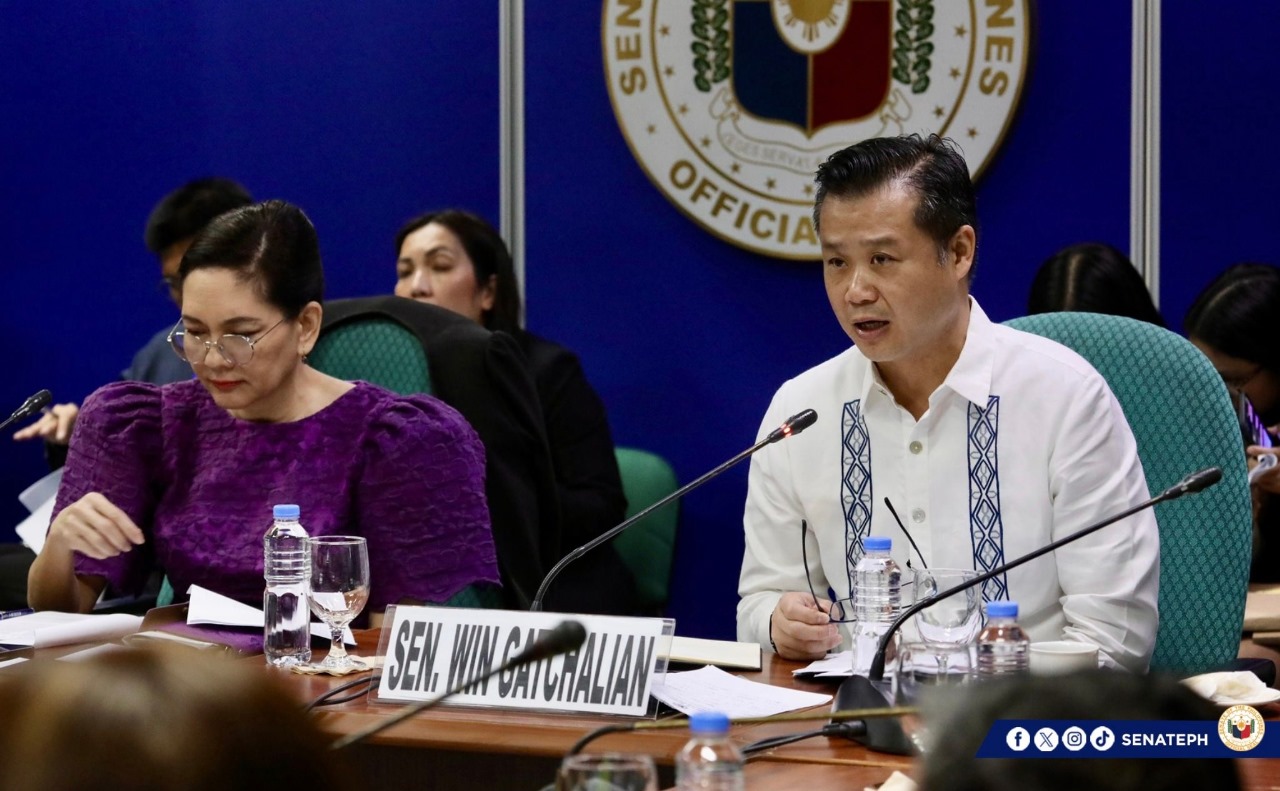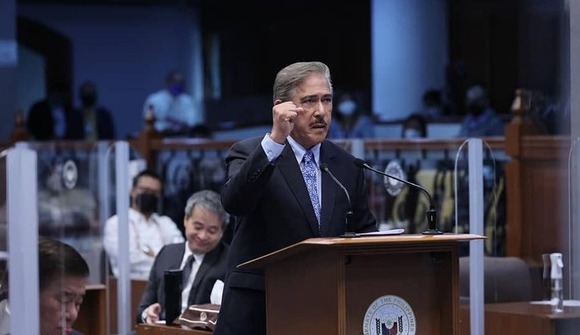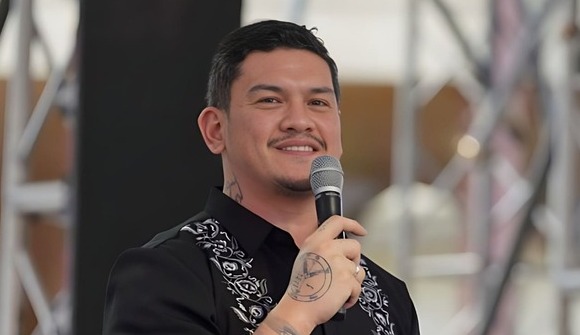
Broader national security law takes effect in Macau
HONG KONG, China — Macau’s new national security law took effect on Tuesday, imposing wider restrictions on political opposition and civil society in the Chinese city.
The gambling hub has a separate legal system from the Chinese mainland, largely based on Portuguese law, and national security legislation was first enacted in 2009.
Macau’s government said the amendments were designed to catch up with similar legislation in China and Hong Kong, with an emphasis on stepping up the prevention of foreign interference.
The casino hub’s original national security law laid out seven major crimes, including treason, secession, subversion, theft of state secrets, and foreign collusion, with punishments of up to 25 years in jail.
The amendments expand the offense of secession to cover non-violent acts, while subversion is stretched to punish opposition to any central government department and China’s ruling ideology.
Restrictions on “foreign political organizations or groups” have been widened to cover those operating outside Macau including non-political groups.
Macau police also now have extraterritorial jurisdiction to pursue suspects outside the city.
The government said the changes were necessary to keep pace with security issues, especially after Beijing rolled out a new wide-ranging security law for the mainland in 2015.
China also in 2020 imposed a national security law on Macau’s neighbor Hong Kong, which has a separate legal framework inherited from the British. That law has quelled political dissent after massive and at times violent democracy protests the year before.
‘Even greater pressure’
Critics say Macau’s broadening of the security offenses along with the new surveillance and detention powers could further curtail liberties and rights, which were already subject to stringent controls.
Former Macau legislator Au Kam-san, who is also a veteran democracy activist, said the expansive amendments could allow space for arbitrary law enforcement.
“The law enacted in 2009… might have left the authorities feeling that they got a useless tool as they never made any security prosecution,” Au told AFP.
“The more flexibility given to law enforcement is obviously damaging to human rights and press freedom.”
Au co-founded the Democratic Development Union, a pro-democracy group, but quietly disbanded it late last year.
The ex-legislator said the security law amendments were “a backdrop against the decision”.
“Civil society here has never been strong,” he said. “Now the amendments have caused even greater pressure.”
Macau’s Journalists Association criticized the amendments for “multiplying the risk of speech crime” and “introducing uncertainty on what constitutes unlawfulness deep into everyday life”.
“If the authorities… turn society into one filled with political censorship and unchallengeable police power, we are afraid that Macau’s hard-earned harmony and stability will be undermined,” it wrote in a submission to the government in October during a public consultation period.
But the city’s secretariat for security defended the changes after the consultation period ended. Only 0.4 percent of more than 111,000 opinions they collected disagreed with them, it said.
The amendments were passed this month by Macau’s rubber-stamp legislature with unanimous support.
They are separate from a national security clause added to the city’s gambling law last year that tightened control over the lucrative industry. That clause gave Macau’s leader grounds to revoke land concessions from casinos.
National security suspects can be subject to communications surveillance and restricted from leaving Macau for up to five days upon court orders.
Article Source
https://www.philstar.com/world/2023/05/30/2270247/broader-national-security-law-takes-effect-macau
Other Interesting Articles
 Cotai Expo hotel extra to licence capex, says Goldstein
Cotai Expo hotel extra to licence capex, says GoldsteinMay 30, 2023











